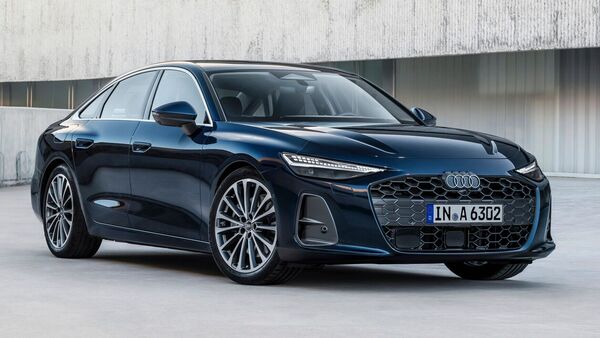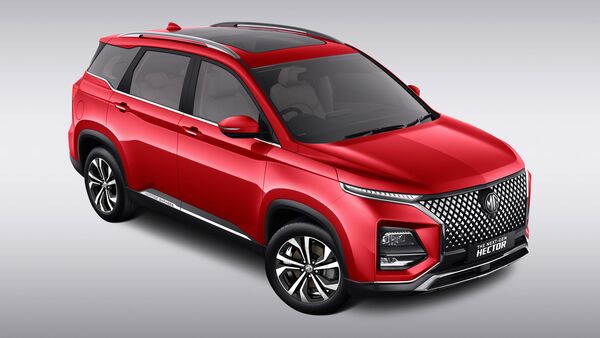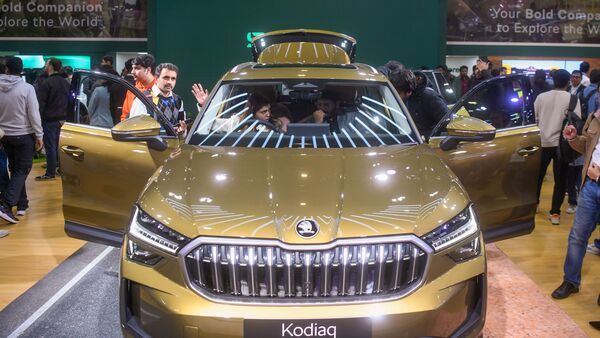
"Electric Vehicle Loyalty: 92% of Owners Say No to Traditional Engines"
4 months ago | 5 Views
The growth and proliferation of electric vehicles (EVs) is an unavoidable trend, with the increasing popularity of these models significantly influenced by current owners who largely prefer not to revert to traditional vehicles powered by internal combustion engines. This conclusion is drawn from a comprehensive global survey involving approximately 23,000 EV owners across 18 countries, including India.
Entitled the Global EV Driver Survey 2024, this research was conducted by the Global EV Alliance, a grassroots non-profit network comprising 64 national electric vehicle driver associations. The survey revealed that an impressive 97 percent of participants expressed being 'very satisfied' with their EVs. When inquired about the possibility of replacing their current EVs within a day, 92 percent indicated they would choose another EV, while four percent preferred a plug-in hybrid. Merely one percent stated that their next vehicle would be powered by petrol or diesel.
Why buy an EV?
The survey additionally examined the motivating factors that influenced the respondents' purchasing decisions. A significant proportion indicated that the reduced operating costs associated with electric vehicles (EVs) were a primary reason for their acquisition. Furthermore, many respondents emphasized the environmental benefits of these vehicles. Other noted factors included a keen interest in innovative technology and the availability of various incentives.
Where do you charge your EV?

What are the biggest problems with an EV?
The survey examined the contemporary challenges associated with owning and operating an electric vehicle (EV). While a significant portion of respondents reported experiencing no substantial difficulties, several individuals pointed out concerns such as inadequate availability of fast-charging stations and prolonged charging durations. Additionally, issues related to range and malfunctioning charging stations were frequently mentioned.
Among the respondents from the 18 surveyed countries, those expressing range-related anxieties were predominantly from India, followed by Brazil, Costa Rica, and Portugal. Conversely, individuals in Germany and Switzerland exhibited the least concern regarding range.





















